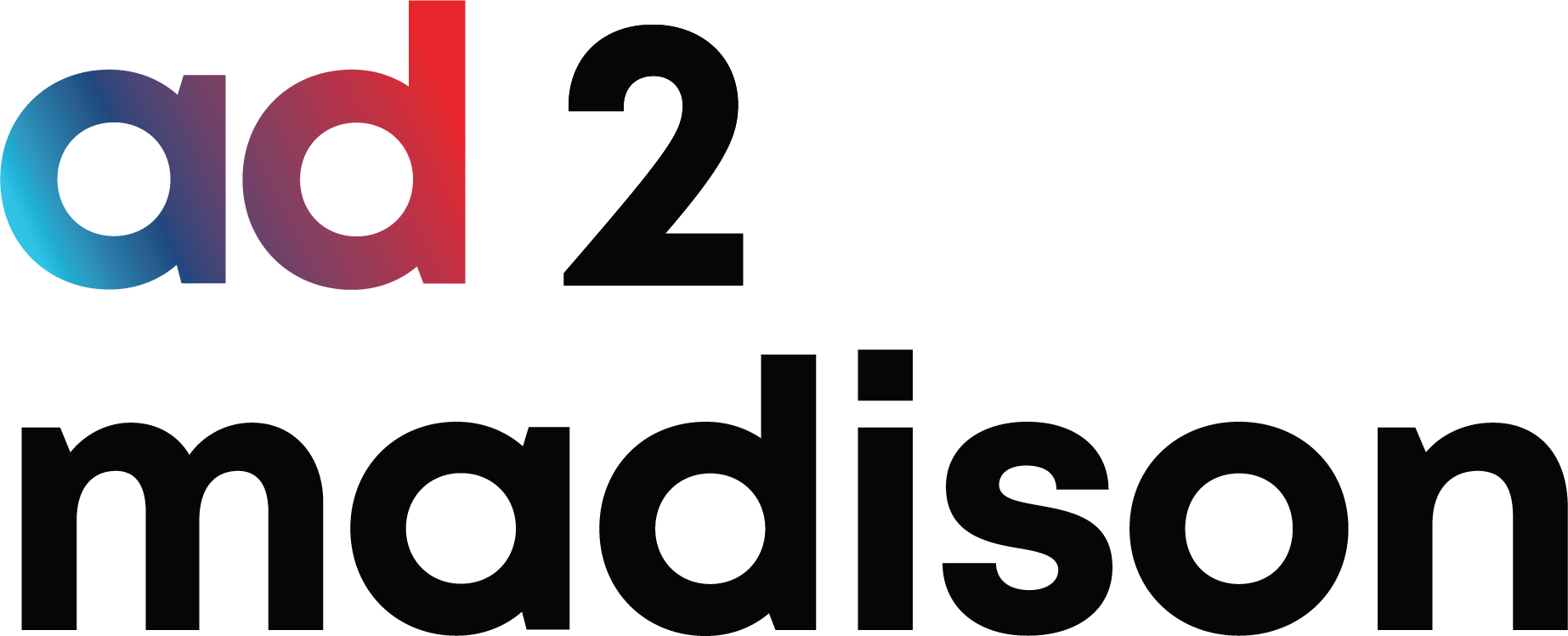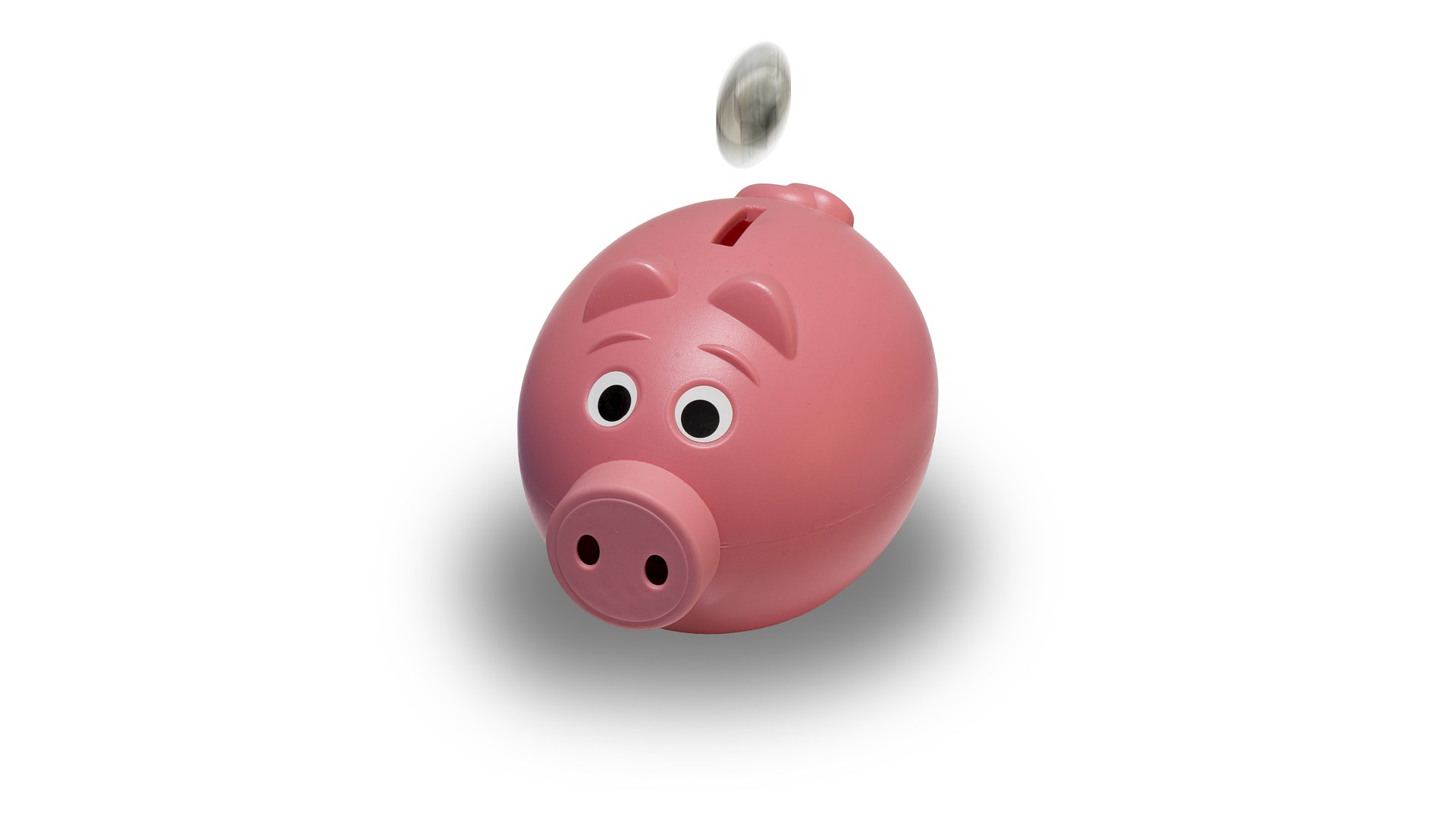Saving money is hard. Especially when you’re starting out and your student loans devour most of your small paycheck. I’m here to tell you there is a way to save money and give your future some financial stability. It’s not easy and it will take willpower and discipline, but if you implement these five habits, you will start to see your bank account grow. Trust me, 65-year-old you will thank you for this.
1) Create a Realistic Budget
Have you ever logged into your bank account expecting to find money, only to realize you spent it all? We’ve all been there. A budget will help you avoid that. Take time to write out your budget. Having concrete numbers to go by will help you stick to it.
Tip: Budget for the unexpected. Like when all your toiletries, makeup and kitchen supplies run out in the same week and you find yourself making an emergency trip to Target.
2) Stick to Your Budget
Who’s guilty of blowing a budget? Me, me and me! Creating the budget is the easy part, sticking to it is what requires discipline. I personally use Mint, it’s a great app to help you create a budget and track your finances. It also alerts you when you are overspending. I’ve also found that meal planning helps keep spending down. If you have food prepared at home, you’re less likely to eat out. Plus, it can help you eat healthier!
Tip: Give yourself a cash allowance. I take out cash each week that aligns with my budgeted “fun money.” When the cash is gone, I can’t spend any more. It really helps me stick to my budget.
3) Start a Retirement Fund Now
I’m not sure if you keep up with what’s going on in Washington, but we are on the brink of a retirement crisis. There’s a good chance there will be ZERO social security when it comes time for Millennials to retire. Given other recent events on Capitol Hill, there’s an even better chance your healthcare costs at the time of retirement will be HUGE. Do your future-self a favor and start saving now. Even if it’s only $15/month, put it aside.
Tip: Start a private retirement account AND 401k (if your employer provides one.) You don’t want all your retirement eggs sitting in one basket.
4) Treat Your Credit Card Like a Debit Card
Don’t fall victim to the seductive trap that is a credit card. While they are useful in building credit and can come in handy when you are in a financial crisis – say you’re stuck in a New Orleans airport at 1 a.m. needing to buy a plane ticket home (don’t ask) – credit cards can get you into trouble. I treat my credit card like a debit card. I don’t put anything on my card that I don’t have sitting in my checking account. Except for emergencies – and the new fall clothes at Target do not count as an emergency.
Tip: Pay off your credit card purchases as soon as you make them. I don’t like to leave my credit card bill until the end of the month. I typically use it for groceries or gas and then pay it off within a day or two. That way I don’t end up paying more interest than necessary.
5) Always Pay Yourself First
You know who deserves your hard-earned money? You do. Every paycheck, take a little money and put it in your savings account, in addition to your retirement account. Again, it can be as small as $15. You need to have a rainy-day fund because you could end up in the emergency room, your house could be broken into, you could lose your job…you get the point. There will be a day when sh*t happens and you need cash. Or, when you’ve saved enough, you could spend that money on a trip or the new fall clothes at Target without digging yourself into debt.
Tip: Make this a non-negotiable expense. Add it to your budget and make it happen.
Saving money can be challenging, especially when you don’t have a lot to start with. Be sure to use these tips and make them a habit. Then take a look at your bank account.

